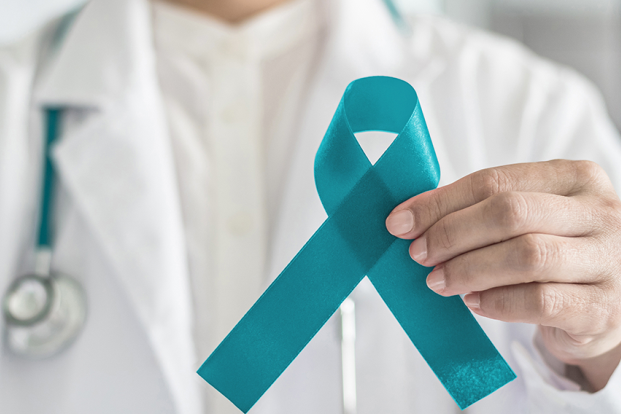The Link Between Ovarian Cancer and Age
Apr 19, 2022
There is a link between ovarian cancer and age of a female. Most women who develop ovarian cancer are majorly due to treatments after menopause, at age 55 or older, though patients in their 40s and 50s have also been diagnosed with the disease.

If you have a strong family background of breast or ovarian cancer, you may also be at an high risk. About 20 to 25 percent of women diagnosed with ovarian cancer have a hereditary tendency to develop the disease. The most significant risk factor for ovarian cancer is an inherited genetic mutation in one of two genes: breast cancer gene 1 (BRCA1) or breast cancer gene 2 (BRCA2). Women are more likely to have symptoms if the disease has spread, but even early-stage ovarian cancer can cause them. The most common symptoms include: Bloating – pelvic or abdominal (belly) pain. The risk of developing ovarian cancer gets higher with age. Ovarian cancer is rare in women younger than 4.
Signs of ovarian cancer are follows:-
- Genetics. Certain gene mutations, like as BRCA1 and BRCA2, significantly raise your risk of ovarian cancer, as well as breast cancer. You can inherit these mutations from your mother or father.
- Family background. You’re more likely to develop ovarian cancer if you have a birth mother, sister, or daughter who has had ovarian cancer.
- Breast cancer. Previously been treatment with breast cancer, you’re at higher risk of developing ovarian cancer.
- Infertility. Being infertile, or using fertility drugs, may increase your risk.
- Hormone replacement therapy. Using hormone replacement therapy after menopause raises your risk. This is particularly true if you take estrogen alone for five years or more.
- Obesity. Having a body mass index (BMI) of 30 or more puts you at greater risk of developing ovarian cancer.








